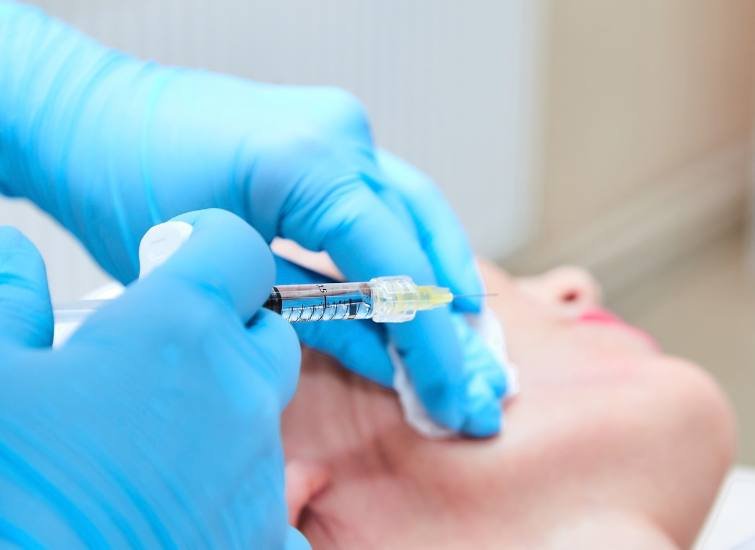A polynucleotide injection is a medical treatment that involves the administration of a sequence of nucleotides, the basic building blocks of DNA and RNA, into the body. This type of therapy is used in various medical fields, ranging from cosmetic procedures to the treatment of certain medical conditions.
Understanding Polynucleotide Injections
Definition and Composition
Polynucleotides are long chains of nucleotides, which are organic molecules that serve as the building blocks for DNA and RNA. Injections containing these chains are formulated to achieve specific therapeutic purposes.
How Polynucleotide Injections Work
Once injected, polynucleotides can have various effects depending on their design and the treatment goal. They can stimulate skin regeneration, promote healing, or be used in gene therapy to treat genetic disorders.
Applications of Polynucleotide Injections
Cosmetic and Dermatological Uses
In the field of dermatology and cosmetic medicine, polynucleotide injections are known for their rejuvenating properties. They are often used for skin hydration, improving elasticity, and reducing wrinkles.
Medical and Therapeutic Uses
Medically, these injections play a role in tissue repair and regeneration. They have been explored in the treatment of joint pain, wound healing, and even in some areas of regenerative medicine.
The Process of Polynucleotide Injection Therapy
Pre-Treatment Assessment
A thorough medical assessment is essential before undergoing polynucleotide injection therapy. This ensures the suitability of the treatment for the individual’s needs and medical history.
The Injection Procedure
The procedure involves administering the polynucleotide solution into the targeted area. The process is usually quick and is performed in a clinical setting.
Post-Treatment Care and Expectations
Post-treatment care is crucial for optimal results. Patients may be advised on skin care, activity modification, and follow-up schedules.
Safety and Side Effects
Understanding Potential Risks
Like any medical procedure, polynucleotide injections can have side effects, although they are generally minimal. Common side effects include redness, swelling, and bruising at the injection site.
Ensuring Safety in Polynucleotide Therapy
Selecting a qualified healthcare professional and discussing all potential risks and benefits are vital steps to ensure the safety of polynucleotide injection therapy.
Conclusion
Polynucleotide injections are a versatile treatment option used in both cosmetic and medical fields. They offer benefits like skin rejuvenation and tissue repair but must be approached with an understanding of their nature and potential risks. As with any medical procedure, professional consultation and individual assessment are key to achieving the best results.
FAQs: Further Clarifications
Are polynucleotide injections the same as DNA or gene therapy?
No, while they involve nucleotides, polynucleotide injections for cosmetic or tissue repair purposes are different from DNA or gene therapy used for treating genetic disorders.
How long do the effects of a polynucleotide injection last?
The duration of effects can vary based on the treatment area and individual factors. It’s best to discuss this with a healthcare provider.
Can anyone get polynucleotide injections?
Not everyone is a suitable candidate for this treatment. A thorough assessment by a healthcare professional is necessary to determine suitability.


